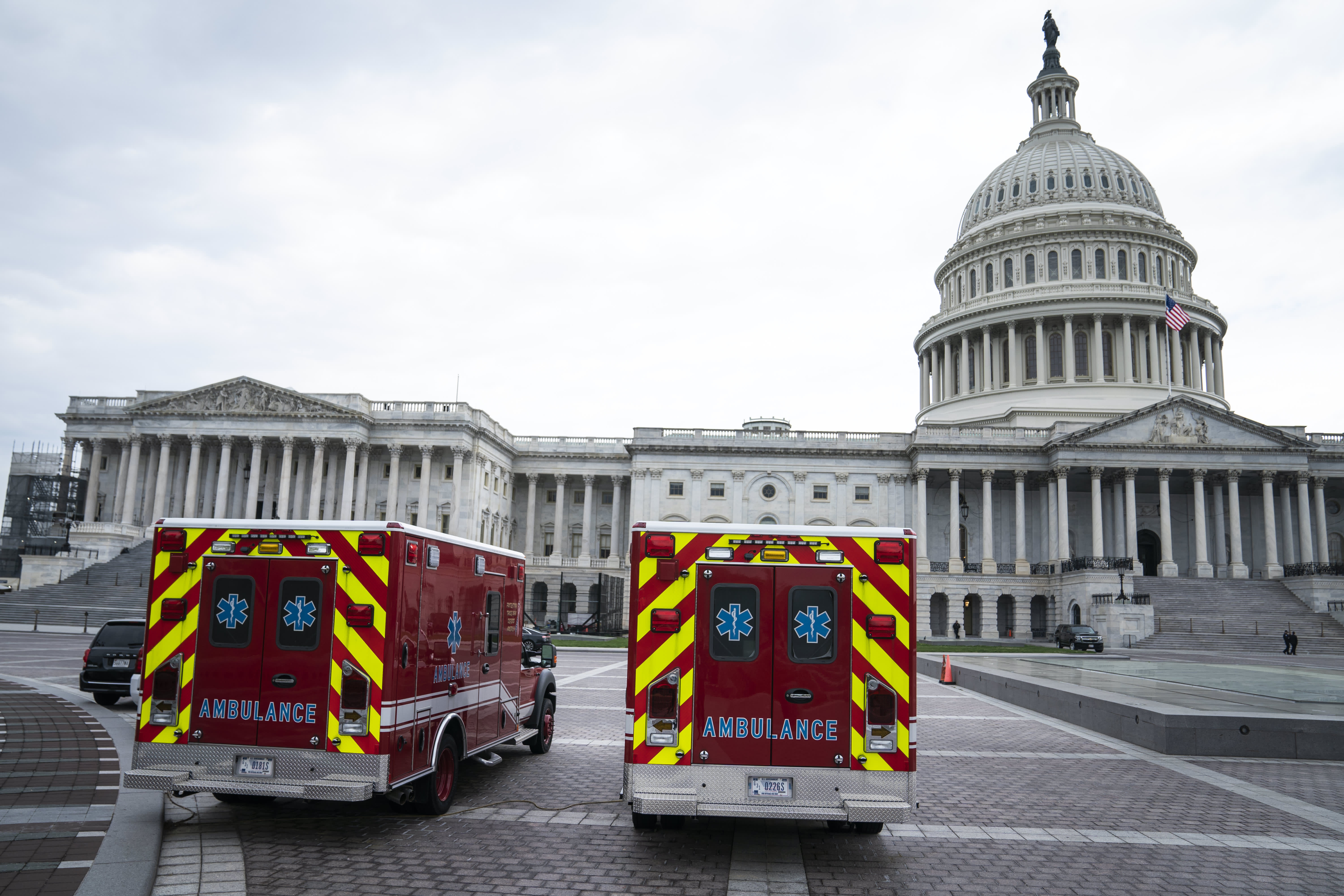Sarah Silbiger | Bloomberg | Getty Images
Millions of Americans are poised to receive second stimulus checks.
Yet a fight is taking place on Capitol Hill over how much money will be included in any payments.
The latest proposals include direct payments of $600 per person. In contrast, the first round of checks sent out this spring were $1,200 per adult.
On Friday, Sen. Josh Hawley, R-Mo., took to the chamber’s floor to ask for immediate consideration of a bill he has proposed that would include $1,200 stimulus checks for individuals, $2,400 per married couple and $500 per child, the same amounts that were distributed in the first round.
“It’s the least that we can do,” Hawley said. “It should be the first thing that we can do.”
More from Personal Finance:
Sens. Hawley, Sanders continue push for $1,200 stimulus checks
Stimulus checks likely less than $1,200. What we know
How a new Covid relief bill might help the unemployed
Washington lawmakers are working to come to an agreement on more coronavirus relief aid and prevent a government shutdown that would happen as soon as Friday if more funding is not approved.
Hawley’s effort was blocked by Sen. Ron Johnson, R-Wis.
Hawley, however, said the fight is not over. The Missouri senator has been working with Sen. Bernie Sanders, I-Vt., to push for $1,200 stimulus checks. Sanders will appear on the Senate floor on Friday to ask for the same measure again, according to Hawley.
Hawley’s campaign for additional $1,200 checks prompted a fierce debate over whether those payments are necessary right now.
The case for more $1,200 stimulus checks
Cars line-up as the Los Angeles Regional Food Bank distributes food outside a church in Los Angeles on Nov. 19, 2020.
Mike Blake | Reuters
Since the CARES Act was passed in March, more than $270 billion in stimulus checks has been sent to roughly 160 million people.
Meanwhile, the financial suffering Americans are experiencing has continued, Hawley said.
Now, some working people are forced to live in their cars and face situations where they cannot go to the doctor, pay their rent or feed their children, he said.
“It is no answer for this body to tell them, ‘Go get on an unemployment line,'” Hawley said.
Despite the fact that the Senate voted in favor of the legislation authorizing the first checks in the spring, there has been resistance to sending out a second round.
“Nothing could be more targeted, no relief could be more important, than relief for working people,” Hawley said in response to Johnson’s objection.
“Working people are told they may be last, if they get relief at all,” Hawley said. “Go home and try explaining that to people of your state.”
Why some argue against the checks
A man without a mask walks through a crowd of people on Dec. 13, 2020 in New York.
Alexi Rosenfeld | Getty Images
The reason Johnson objected to Hawley’s proposal comes down to numbers, the Wisconsin senator said in a speech on the Senate floor on Friday.
Currently, there are an estimated 9 million to 11 million Americans who are unemployed, according to Johnson.
Yet the first round of direct payments went to 115 million American households, many more people than those who are currently experiencing joblessness, he said.
In addition, surveys show that the first stimulus checks sometimes were not used to pay for essentials. Instead, they mostly went toward savings and debt, Johnson added.
“I don’t think you can take a look at these direct payments to individuals as stimulative,” he said.
Hawley’s new plan for checks, which is based on the CARES Act, has “virtually no revisions, no improvements,” Johnson said.
In his Senate floor speech, Johnson said he doesn’t think past stimulus efforts have worked. Instead, he backs lower regulation and a competitive tax administration.
While the national debt is at $27.4 trillion, this new coronavirus aid package will likely increase that by about $1 trillion, Johnson noted, which could be “mortgaging our children’s future.”
“We will not have learned the lessons from our very hurried, very rushed, very massive earlier relief packages,” he said.
